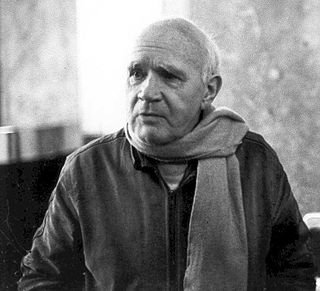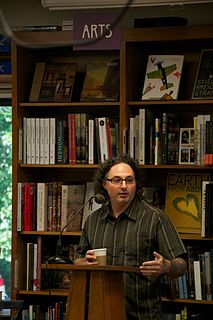A Quote by Jimmy Carter
The drug culture has shaped at least one major change since the Sixties; It became the basis for overloading our prisons.
Quote Topics
Related Quotes
Many teachers of the Sixties generation said "We will steal your children", and they did. A significant part of America has converted to the ideas of the 1960s - hedonism, self-indulgence and consumerism. For half of all Americans today, the Woodstock culture of the Sixties is the culture they grew up with - their traditional culture. For them, Judeo-Christian culture is outside the mainstream now. The counter-culture has become the dominant culture, and the former culture a dissident culture - something that is far out, and 'extreme'.
There is a lot of sixties-bashing going on these days that I don't agree with at all. I feel that extremely important ideals were brought to the forefront of the collective consciousness at that time. Granted, drug use was so pervasive that our generation did not as a group have the capacity to manifest our ideals to any great extent. But many of the people who were young in the sixties and who were most touched by that collective ethos are still touched.
I used to believe that you could change the culture or behavior of a company. I still believe it's possible, but it is at least a five to ten year process, if you are successful at all. More recently, I have been attracted to the ideas of the behavioralist, Edgar Schein. Schein has argued that you cannot change the culture of a company, but you can use the culture of a company to create change. It's an interesting approach to overcoming resistance. And if you can change how a company does its work, you might eventually be able to change how its people think.
On to the Next Dream became about much more than me facing a challenging situation; it became about how all of us feel when we're thrust unexpectedly into change. It's about how we all hold onto personalized visions of our lives, our city, and our culture, and what we do when reality forces us to confront the impermanence of those visions.
I've gone into prisons, I've gone into schools, I've gone into corporations, all over the world. It doesn't matter where you go, people are essentially the same. Our culture is different, but culture is nothing but group habit, culture is paradigm and when you get past the culture, people are essentially the same.
The war on drugs causes other supplemental crimes to take place because of the original illegality of it. But then again, that's the other reason that they're fighting it is the corporate prisons they have now. Because they've privatized all our prisons, corporations have to make money, and the only way they can make money is, I believe, the prisons have to be at least 80-90 percent full. That's why the United States - which is home of the brave, land of the free - we have more people in prison than any other country in the world.
We undertook a huge internal transformation to sharpen our customer focus, step up innovation, improve productivity to ensure competitiveness, change our culture, and simplify our ways of working so that our size and scale became a competitive advantage rather than a bureaucratic hangover after years of diversification.



































